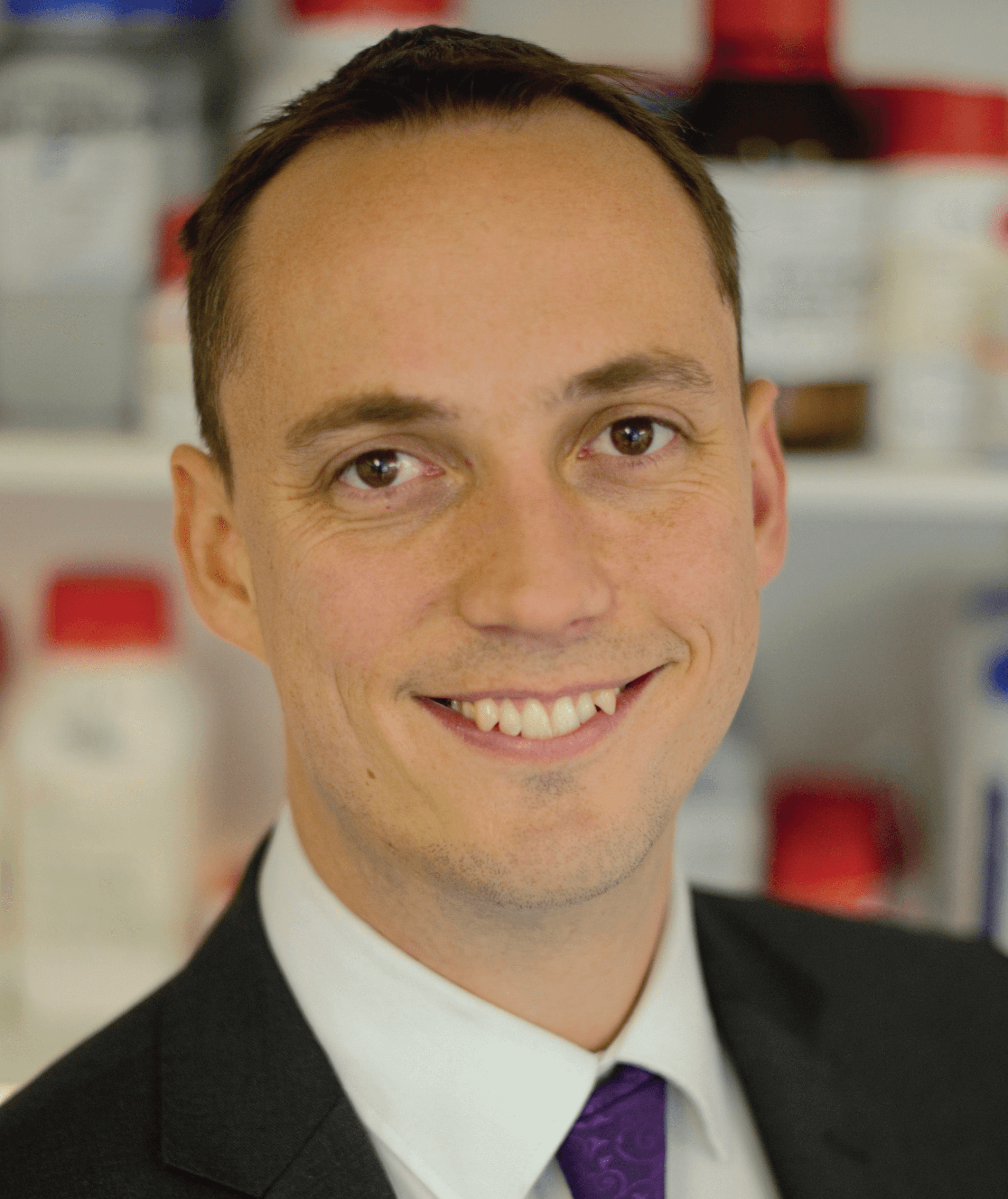- The Native Antigen Company (NAC), one of the first companies globally to provide antigens for SARS-CoV-2, has been acquired by LGC. NAC will continue to support efforts to fight COVID-19, with the move strengthening LGC’s current offering to the molecular diagnostics sector (1).
- Back in March, Thermo Fisher agreed to buy out Qiagen after months of negotiations. But that was when there were fewer than 100,000 COVID-19 cases globally. Now, the demand for Qiagen’s diagnostic technologies has skyrocketed, requiring Thermo Fisher to increase their offer. A final deal is expected in early 2021 (2).
- On its 50th anniversary in July 2020, SCIEX launched a virtual product experience enabling customers to explore some of its new software and instruments. This included the next installment of its flagship mass spectrometer, the SCIEX Triple Quad™ 7500 LC-MS/MS System – QTRAP® Ready (3).
- trinamiX, a subsidiary of BASF, has developed a handheld NIR spectrometer that quickly determines the composition of different plastics, aiding recycling processes. The data analysis can be performed anywhere via wireless cloud uploading and is linked to a mobile app for usability (4).
- Waters has announced a new fragmentation technique and imaging option for its high-resolution mass spectrometers, enhancing researchers’ ability to probe peptides, proteins, and protein complexes in biomedical and pharmaceutical research (5).

References
- LGC (2020). Available at: https://bit.ly/2CPDdEe.
- ThermoFisher (2020). Available at: https://bit.ly/2CpQnbn.
- SCIEX (2020). Available at: https://bit.ly/2E5hEAd.
- BASF (2020). Available at: https://on.basf.com/2ZNNZ7a.
- Waters (2020). Available at: https://bwnews.pr/2E5lYiV.




